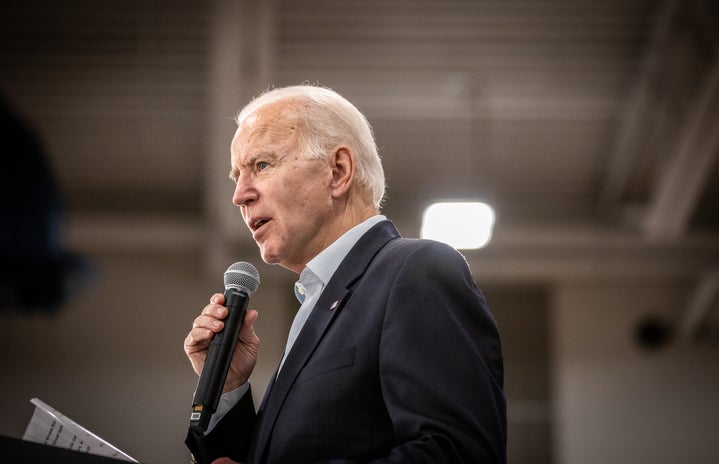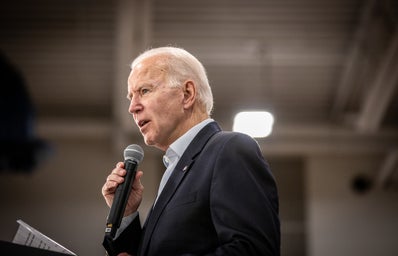The internet has recently gone ablaze with talk about the Willow Project. The #Stopthewillowproject hashtag has been trending on social media and an online petition to stop the project has reached around 1 million signatures. The project itself, however, is in no means a new proposal and has been in the works for a while. Announced in January 2017, the project is a $6-8 billion plan to drill for oil and gas in the North Slope Borough of Alaska. Led by the company ConocoPhillips, Alaska’s largest oil producer, if the project goes ahead, it will be the biggest American oil field in decades. It is estimated to produce around 180,000 barrels of oil per day at its peak.
Currently, President Joe Biden is deliberating over its authorization and his answer is thought to be released in a matter of weeks, if not by the time this article is published. It is reported that Biden’s team will allow for a smaller version of the plan, with less oil drills and thus less damage. However, this is not set in stone and the current backlash he is facing may hold considerable influence.
The plan does appear at odds with President Biden’s previously stipulated beliefs. He has formerly asserted that fighting against climate change was a main issue for him, as demonstrated in him backing the landmark Inflation Reduction Act to promote the expansion of clean energy. Furthermore, the Willow Project will undoubtedly hinder his aim to cut carbon emissions in half by 2030.
On one side, supporters of the plan quote the attraction of the economic gains Willow would bring. The Republican Governor of Alaska, Mike Dunleavy, as well congressional representative for Alaska, Mary Peltola, cite strong political and local support for the plan. Nagruk Harcharek, the president of the group ‘Voice of the Artic Iñupiat’ stated that Willow would be ‘a lifeline’ for the local community. Many highlight it as a source of funding for various important sectors like schools and healthcare. ConocoPhilips also states that construction of the project will create as many as 2,500 jobs.
Politicians and proponents for the Willow Project must, however, weigh up these gains with the undoubted drawbacks. The drawbacks being, of course, the health of the world. The location of the proposed drills lies within the National Petroleum Reserve, the largest area of untouched wilderness in the USA. The United State Geological Survey estimates that the area contains around “896 million barrels of conventional, undiscovered oil”. The land is also home to many Iñupiat indigenous Alaskans and is ecologically important for artic wildlife. The large Teshekpuk Lake is the nesting ground for many varieties of birds. Potential pollutants would damage the fragile ecosystems and could impact the respiratory health in local villages. It would also damage many of the locals’ livelihoods that rely on subsistence hunting. Nagruk Harcharek has, however, denied that this would be an issue.
And yet, the impact of the Willow Project is not limited to the local sphere. The projected annual carbon emissions would be equivalent to 76 coal fired power plants and would generate enough oil to release 9.2 million metric tons of planet-warming carbon pollutant a year. And so, whilst supporters of the cause are critical of condemnation from ‘outsiders’, and argue the issue is a matter of an Alaskan audience, should this be the case? It is important to note that while pitiful for the state of the planet, online echo chambers seem to be equating the Willow Project with the end of the world. While it will have implications for us all, even if the project goes ahead, one should not simply reluctantly reside to such doom. More can be done to work towards healing our planet, but equally, shall we allow for such a precedent like the Willow Project to occur?


